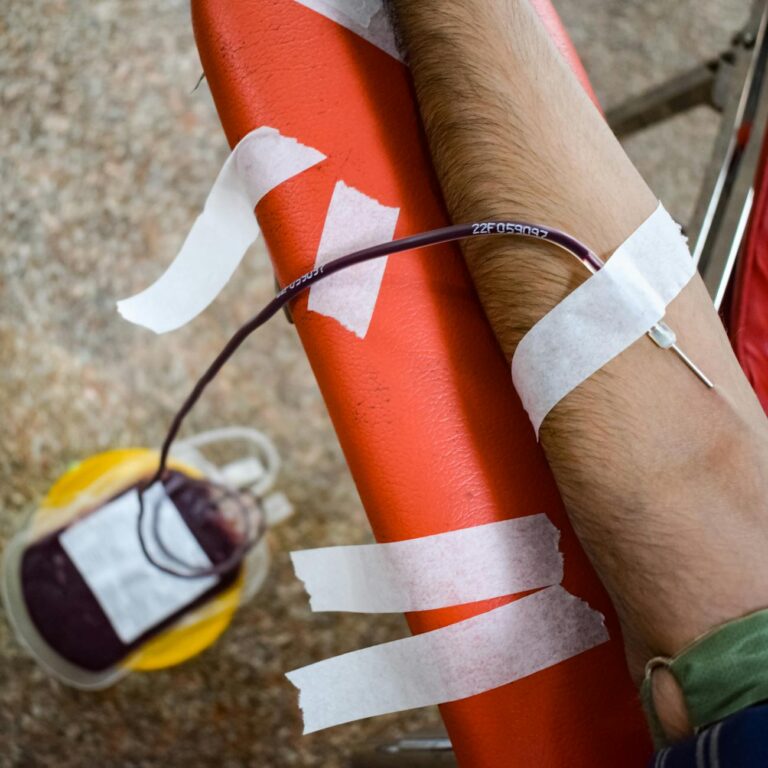Staying on top of medications and potential interactions between different medications is crucial for maintaining good health and preventing adverse effects. However, a recent data breach in the healthcare industry has raised concerns about the safety and security of sensitive medical information, including prescription drug records.
In September 2021, one of the largest pharmacy chain stores in the United States reported a data breach that affected millions of its customers. The breach involved unauthorized access to personal and medical information, including patients’ prescription drug records. This incident has left many individuals worried about the security of their medical data and the potential consequences it may have on their health.
The Importance of Staying on Top of Medications
As we age, it is common to develop chronic health conditions that require long-term treatment with multiple medications. In order for these medications to work effectively, it is crucial to take them as prescribed by your doctor. Skipping doses, taking incorrect doses, or failing to refill prescriptions can lead to serious health complications and even hospitalizations. Therefore, staying on top of medications is essential for managing chronic conditions and maintaining overall health.
Moreover, taking medication as prescribed is especially important when it comes to treating mental health conditions. Many psychiatric medications require consistent daily dosing to achieve therapeutic levels in the body. Missing doses or abruptly stopping medication can lead to relapse or worsening of symptoms, which can greatly impact a person’s well-being.
Potential Interactions Between Different Medications
In addition to taking medications as prescribed, it is also crucial to be aware of potential interactions between different medications. When multiple medications are taken at the same time, there is a risk of drug interactions that can alter the effectiveness of the medication or cause adverse effects.
For example, some medications may interact with each other and increase or decrease their effectiveness. This can result in either under or over-treatment of a condition. Additionally, some medications may have adverse interactions with certain foods or supplements, leading to potential side effects.
Drug interactions can also occur when a person has multiple health conditions and is taking medications for each condition. In such cases, it is important for your healthcare provider to be aware of all the medications you are taking in order to avoid potential interactions.
The Role of Electronic Health Records and Data Breaches
In today’s digital age, most healthcare providers use electronic health records (EHRs) to store and manage patient information. EHRs are meant to improve the efficiency and quality of healthcare by providing accurate and up-to-date medical information. However, the recent data breach in the healthcare industry has raised concerns about the security of personal and medical information stored in EHRs.
In the case of the recent data breach, sensitive information, including patients’ prescription drug records, was accessed without authorization. This raises concerns about the potential misuse of this information, which could have serious consequences for patients.
How to Protect Yourself and Your Medical Information
While data breaches and unauthorized access to sensitive medical information are concerning, there are steps that individuals can take to protect themselves and their medical information.
Firstly, it is important to regularly review your medical records and prescription drug history for any discrepancies or incorrect information. If you notice any errors or unfamiliar medications listed, it is important to bring it to the attention of your healthcare provider.
Secondly, it is crucial to maintain open communication with your healthcare provider regarding your medications. Make sure to inform them of all the medications you are currently taking, including any over-the-counter medications, supplements, or herbal remedies.
You can also request a copy of your medical records from your healthcare provider to keep track of your prescription drug history and any changes that have been made. This will not only help you stay informed but also allow you to catch any discrepancies or errors in your medical records.
Furthermore, it is important to be cautious about sharing your personal and medical information online. This includes being mindful when filling out forms or surveys that ask for personal information and avoiding sharing sensitive information on social media platforms.
Conclusion
Staying on top of medications and being aware of potential interactions between different medications is crucial for maintaining good health. However, recent data breaches in the healthcare industry have raised concerns about the security of sensitive medical information. It is important to take proactive measures to protect your medical data and regularly review your medical records for any errors. Open communication with your healthcare provider and staying cautious about sharing personal information online can also help safeguard your medical information. By being vigilant and taking necessary precautions, you can stay on top of your medications and ensure your medical information remains safe and secure.





